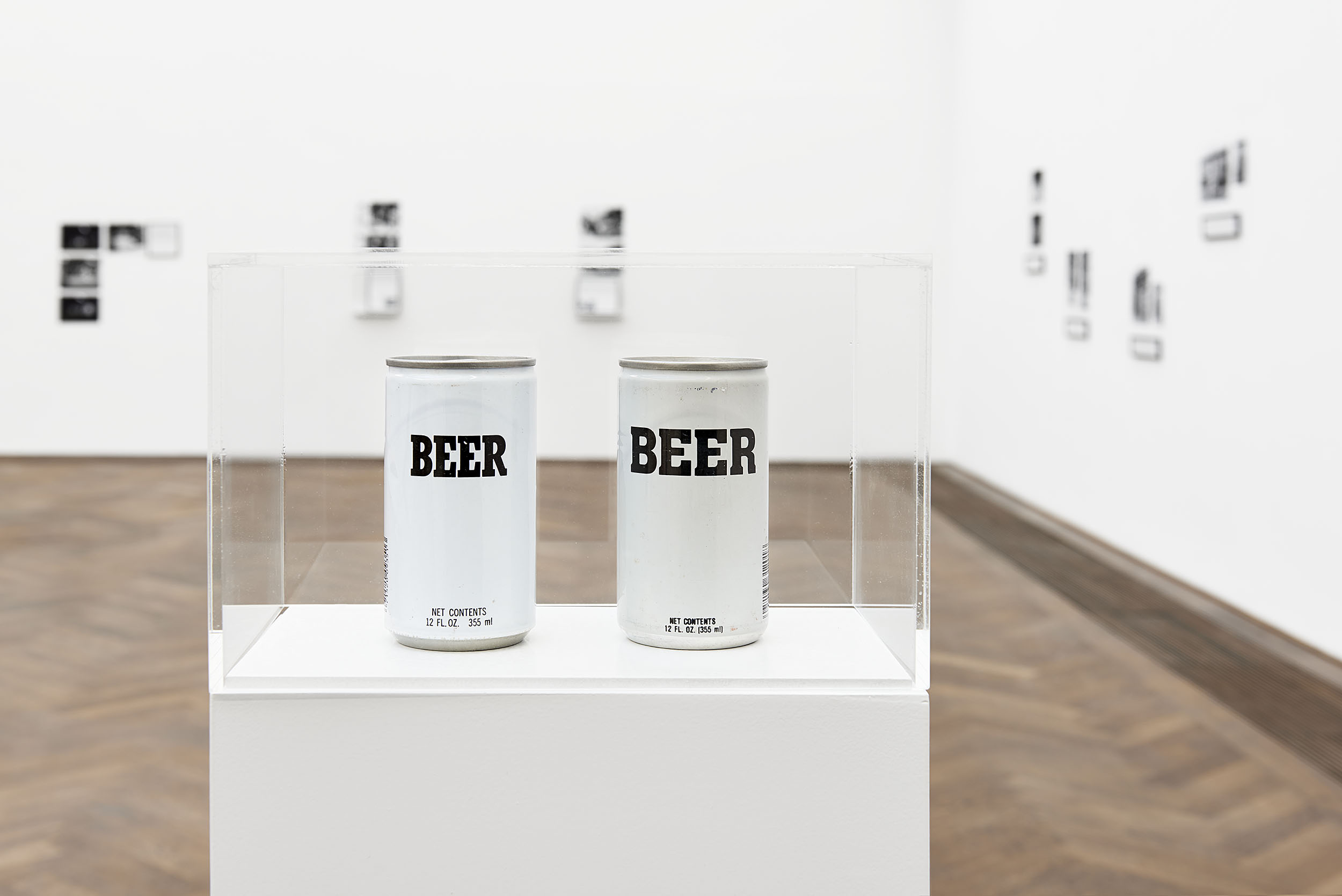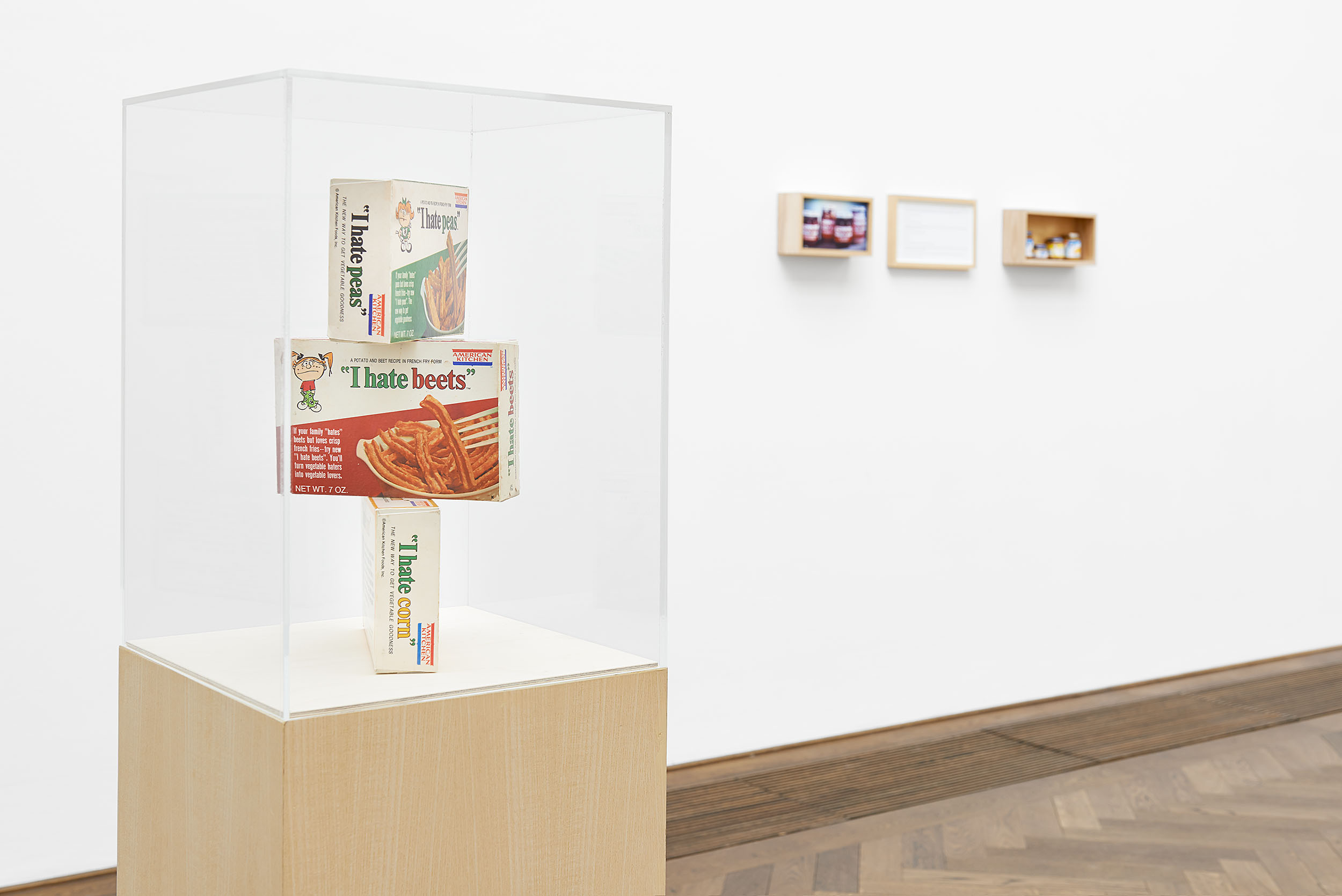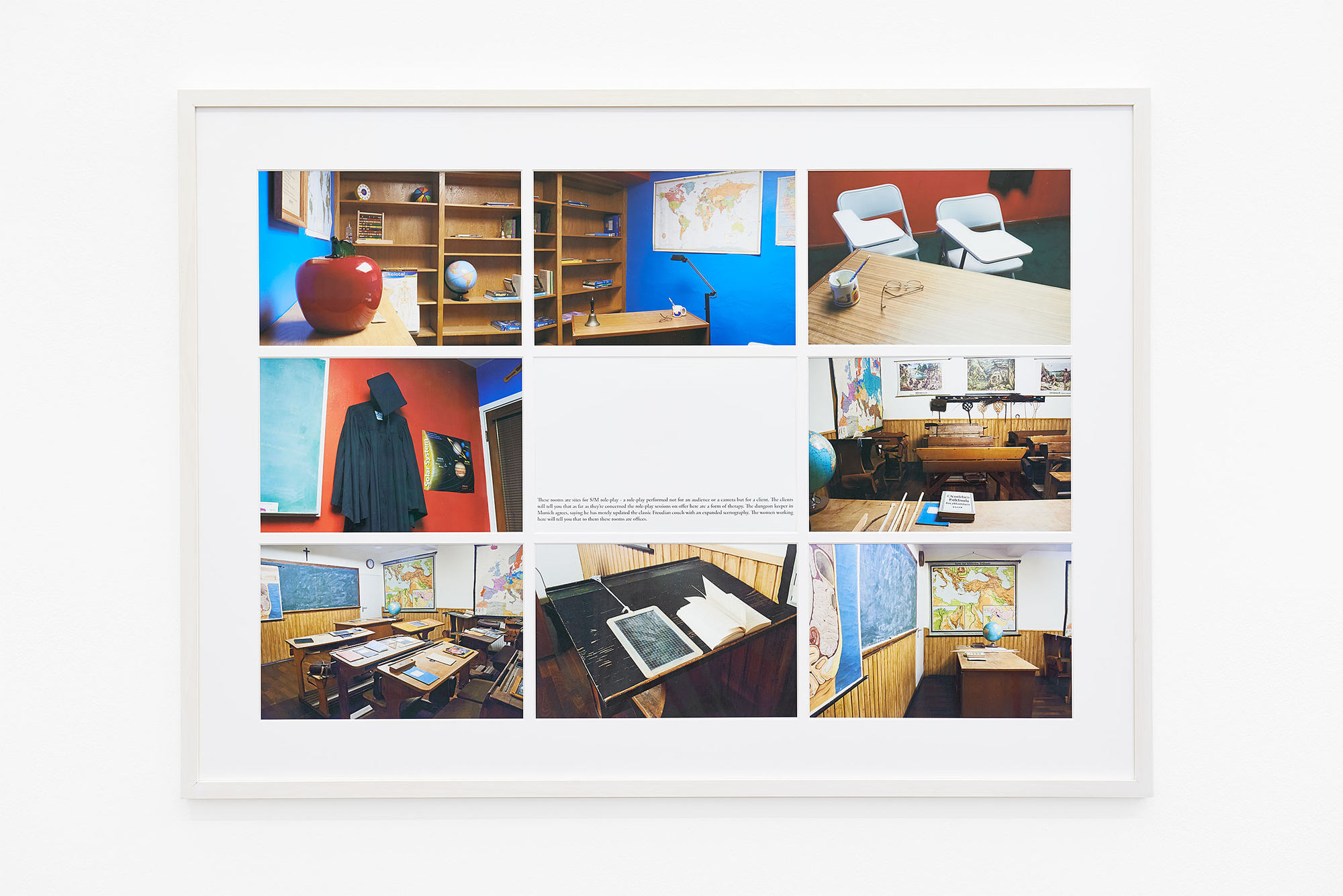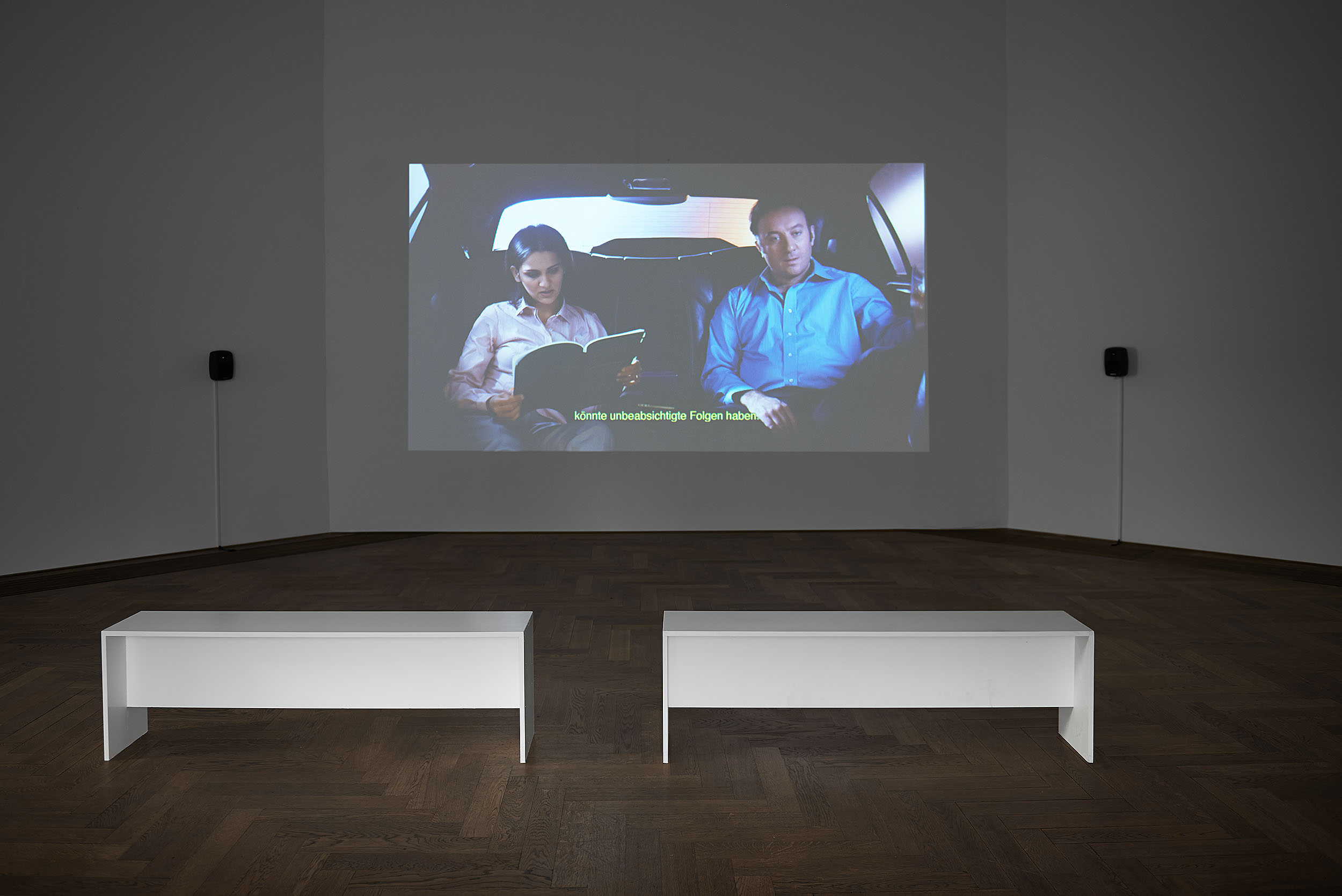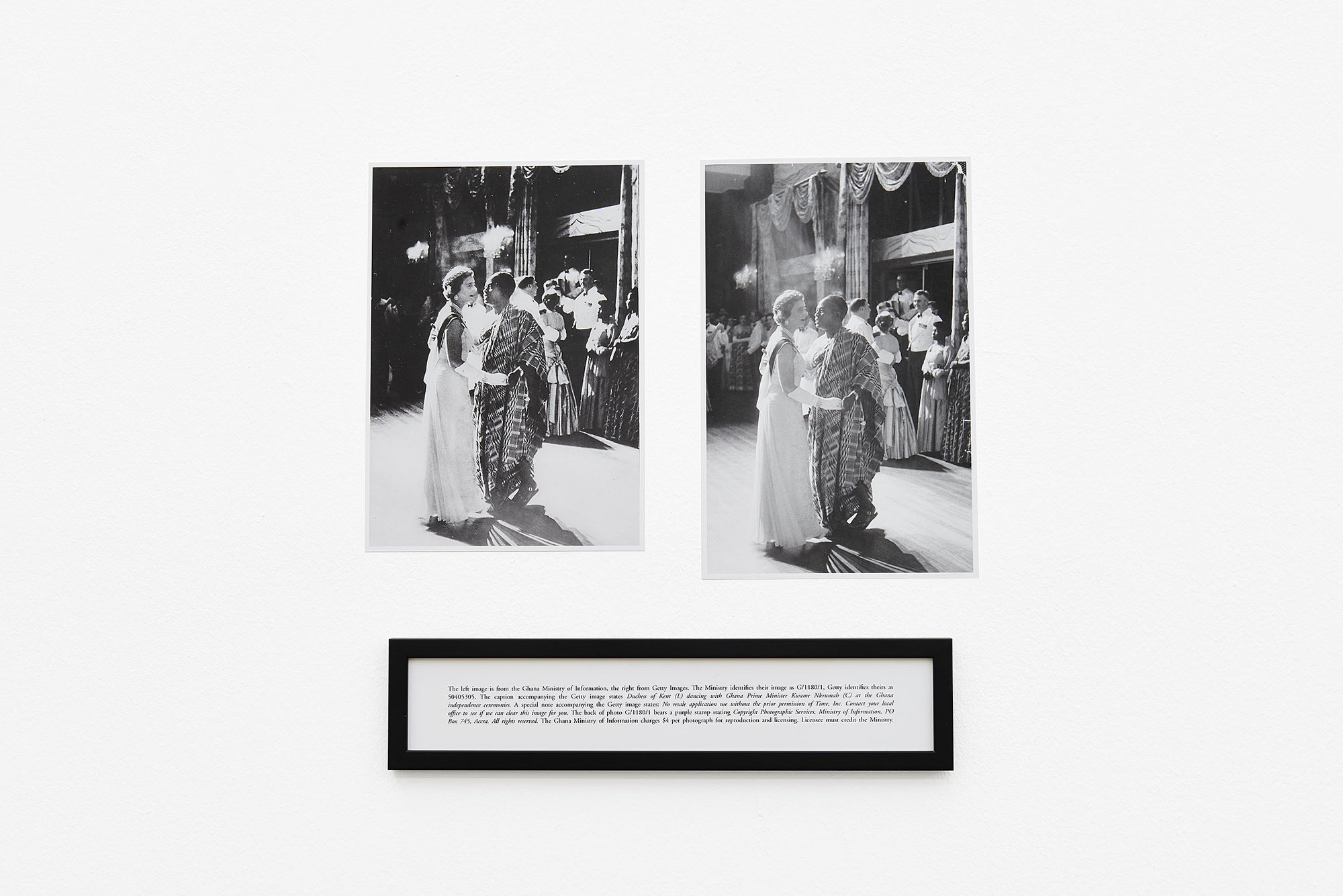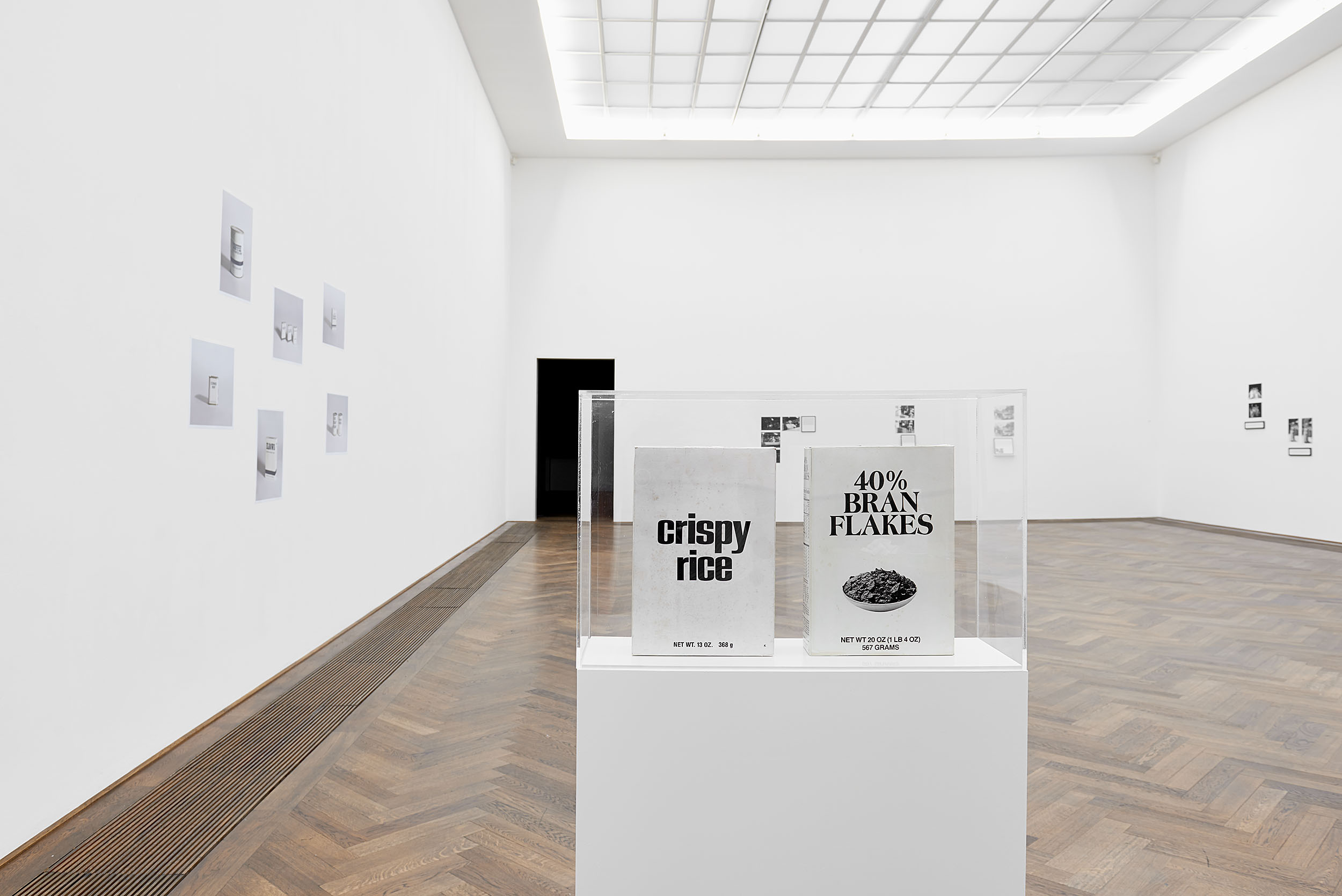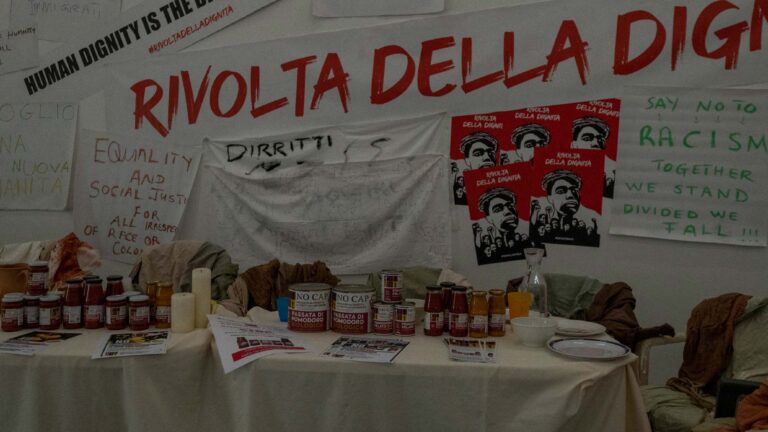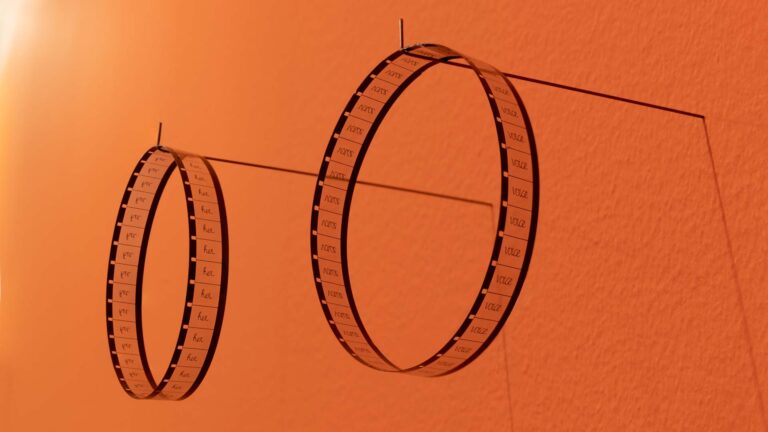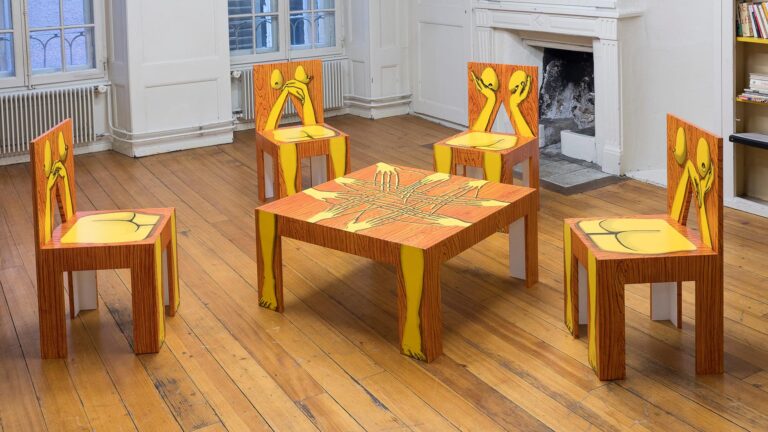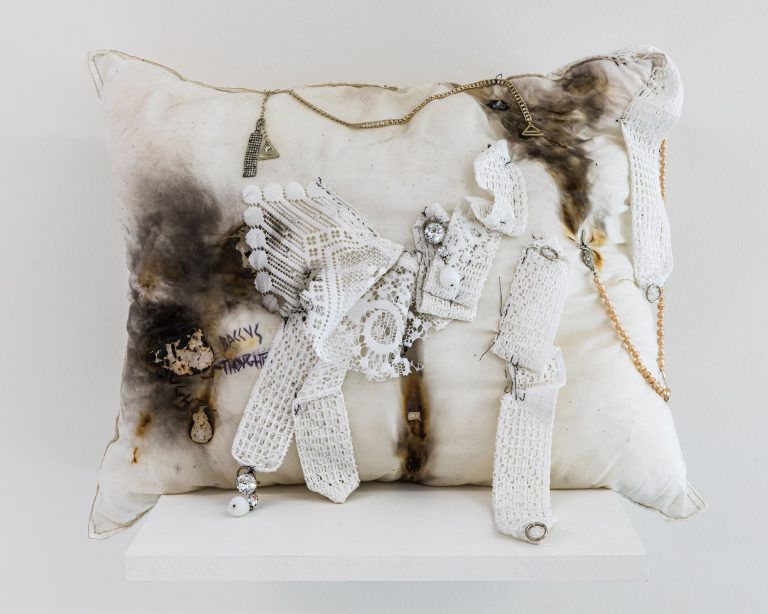Artist: Maryam Jafri
Exhibition title: Generic Corner
Venue: Kunsthalle Basel, Basel, Switzerland
Date: August 28 – November 1, 2015
Photography: Philipp Hänger, images copyright and courtesy of the artist and Kunsthalle Basel
Ranging from video to photography, text, sculpture, and installation, Maryam Jafri’s practice sits at the crossroads of cultural anthropology and conceptual art. The Pakistani-born American artist’s work is founded in hard-nosed research and often incorporates an im- pressive array of documentary material rife with economic, political, and social impli- cations. The treatment and contextualization of that found matter, however, connects as much to a conceptual photographic tradition that runs from Ed Ruscha to Christopher Williams (in her photographic work) as to cinematic and theatrical traditions (in her video work).
For Generic Corner, Jafri’s frst solo exhibition in Switzerland and her largest show to date, the artist spreads older, recent, and newly commissioned pieces across the fve downstairs galleries of Kunsthalle Basel. Included are several new and existing ele- ments in her ongoing photo/text series Product Recall: An Index of Innovation (2014– 15), centered on products that were either recalled or failed to fnd widespread con- sumer appeal. These include food products such as PLUSmeat, the frst textured soy protein marketed directly to consumers as a meat substitute, or infants’ bottles bearing Pepsi logos, which appear next to texts recounting the history of their manufacture. Jafri’s framed texts and “still life” photo- graphs of unsuccessful food products are amassed from the private archives of food industry fgures and brand consultants. Referencing the language, imagery, and iconography of advertising and product dis- plays, Product Recall is a cipher for the politics of commodifcation, consumption, marketing, and supply-demand economics.
Jafri shows these alongside Schools/Hospitals/ Prisons (2012) in which she researches, photo- graphs, and describes (in the most deadpan of tones) actual spaces that have been created for S/M role-play activity. These particular pictured spaces simulate, as the titles indicate, the clichéd attributes of various disciplinary institutions. Her interrogations of these sites are as much about the performances (and bodies and psychologies) they host as about the hyperrealism of their construction and details.
The exhibition includes two videos. Avalon (2011) centers on a clandestine, multi-million- dollar Asian factory founded by a man known as F. R. that exports fetish wear to the West. Jafri uses documentary footage from the factory, where dozens of mostly female work- ers believe themselves to be sewing body bags for the U.S. Army, jackets for psychiatric patients, and props for circus animals. She combines the footage with staged scenes shot on a purpose-built flm set. The staged scenes are based on the artist’s extensive research and interviews with the end users of the products. As the artist herself attests, Avalon takes the story of F. R. as a point of departure for a meditation on the links between fantasy, eroticism, labor, and the commodity under contemporary global conditions.
Mouthfeel (2014) also combines staged and found footage, this time to explore the politics underpinning industrial food produc- tion. The staged scenes show a conversation between a fctitious married couple who both work for a multinational food company. Set in the near future, the melodrama revolves around the wife, a leading food technologist (played by Jafri herself ), who has uncovered a potential health hazard associated with a particular product, and the response of her husband, a senior brand manager, who is determined to cover it up. The wife’s half- hearted protests and the husband’s calls for pragmatism are interspersed with commercial breaks—actual advertisements for the products of various regional and multinational com- panies originally broadcast in non-Western countries. The flm stages a microcosm of the culture of consumption, where slippery ethics, bottom-line profteering, and lies of con- venience drive a machine in which the art world and the artist—as Jafri’s insertion of her- self attempts to suggest—are also implicated.
Another ongoing project, begun in 2012, features documentary photographs from Asian and African countries’ independence cere- monies. Consulting the archives of countries such as Ghana, Kenya, Mozambique, Senegal, and Syria, Jafri discovered that stock photo agencies such as Getty Images and Corbis have copyrighted photos that actually belong to the ministries of information of the pictured coun- tries. This discovery motivated her to create works that pair each image from a state archive against its appropriated copy, their titles—Getty vs. Ghana, Corbis vs. Mozambique, Getty vs. Kenya vs. Corbis—suggesting that here the confict of copyright in our digital, networked age is yet another form of colo- nialism. This project exemplifes the intel- lectual rigor of Jafri’s operations, in which the careful framing, reframing, titling, and juxtaposition of researched materials creates and reveals new meanings.
An entirely new series of works stemming from the artist’s research on so-called generic food and household products is called Generic Corner (2015), and gives its name to the exhibition as a whole. The series focuses on the emergence in the United States in the late 1970s of products without visible trademark names, sold in white boxes with bold black text that merely named the contents. The idea was that their producers spent nothing on advertising or design and passed these savings on to consumers. Evacuated of any graphic fourish, the packaging suggests not only a zero degree of design but also uncovers the marketing hype, construction of desire, and consumer expectations attached to the ordinary items all around us.
Far-reaching in their implications, acerbic in their bite, and playful about their own relationship to staging and theatricality, the works collected in the exhibition Generic Corner each diferently raise the question of capitalism’s all-invasive commodifcation of our everyday lives, whether concerning our food as commodity (Product Recall, Mouthfeel, Generic Corner), image rights as commodity (Getty vs. . . .), or even desire and fantasy as commodity (Avalon, Schools/ Hospitals/Prisons).
Maryam Jafri, Product Recall: An Index of Innovation, 2014—2015
Maryam Jafri, Product Recall: An Index of Innovation, 2014—2015
Maryam Jafri, Grid #1: Schools (S/M) Dungeon) from the series Schools/Hospitals/Prisons, 2012
Maryam Jafri, Mouthfeel, 2014
Maryam Jafri, Getty vs. Ghana, 2012
Maryam Jafri, Getty vs. Musée Royale D’Afrique Centrale vs. DR Congo, 2015
Maryam Jafri, Generic Beer Cans, 2015
Maryam Jafri, Cereal, 2015

